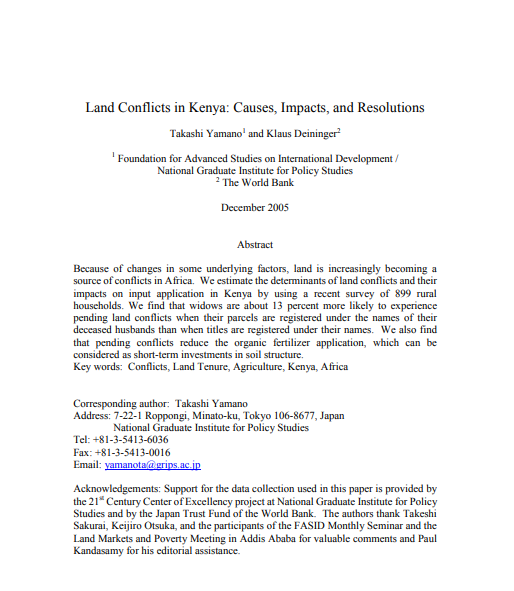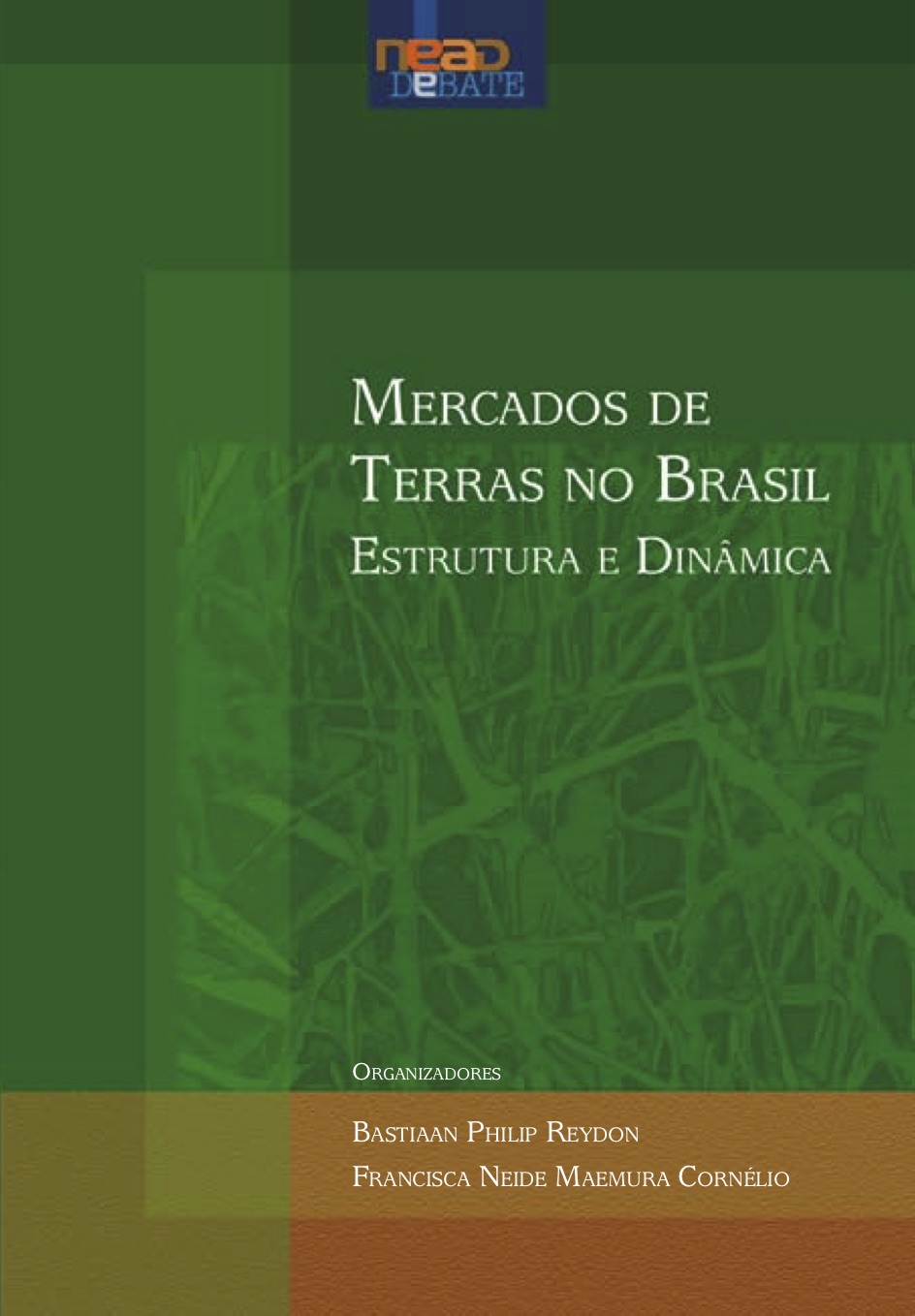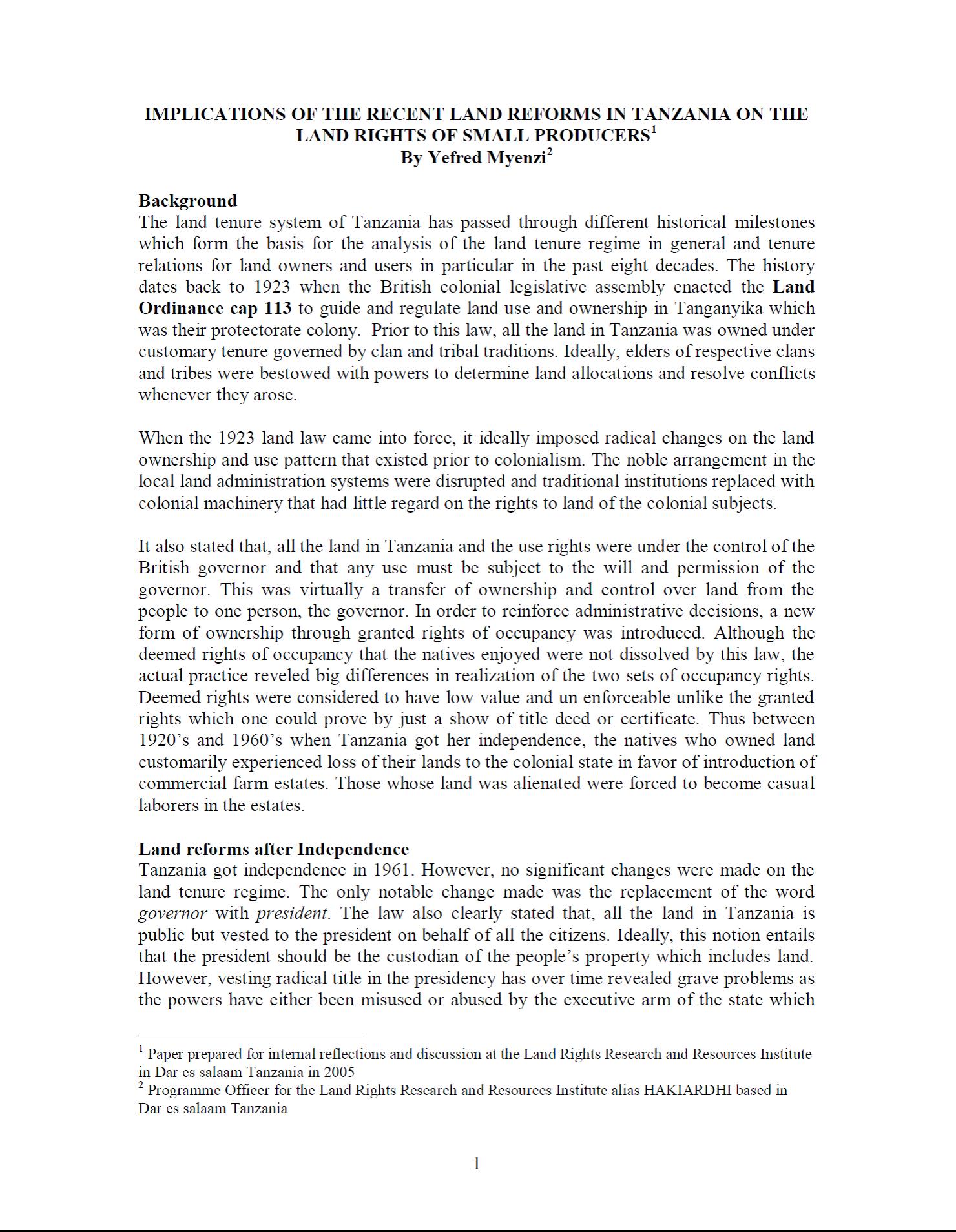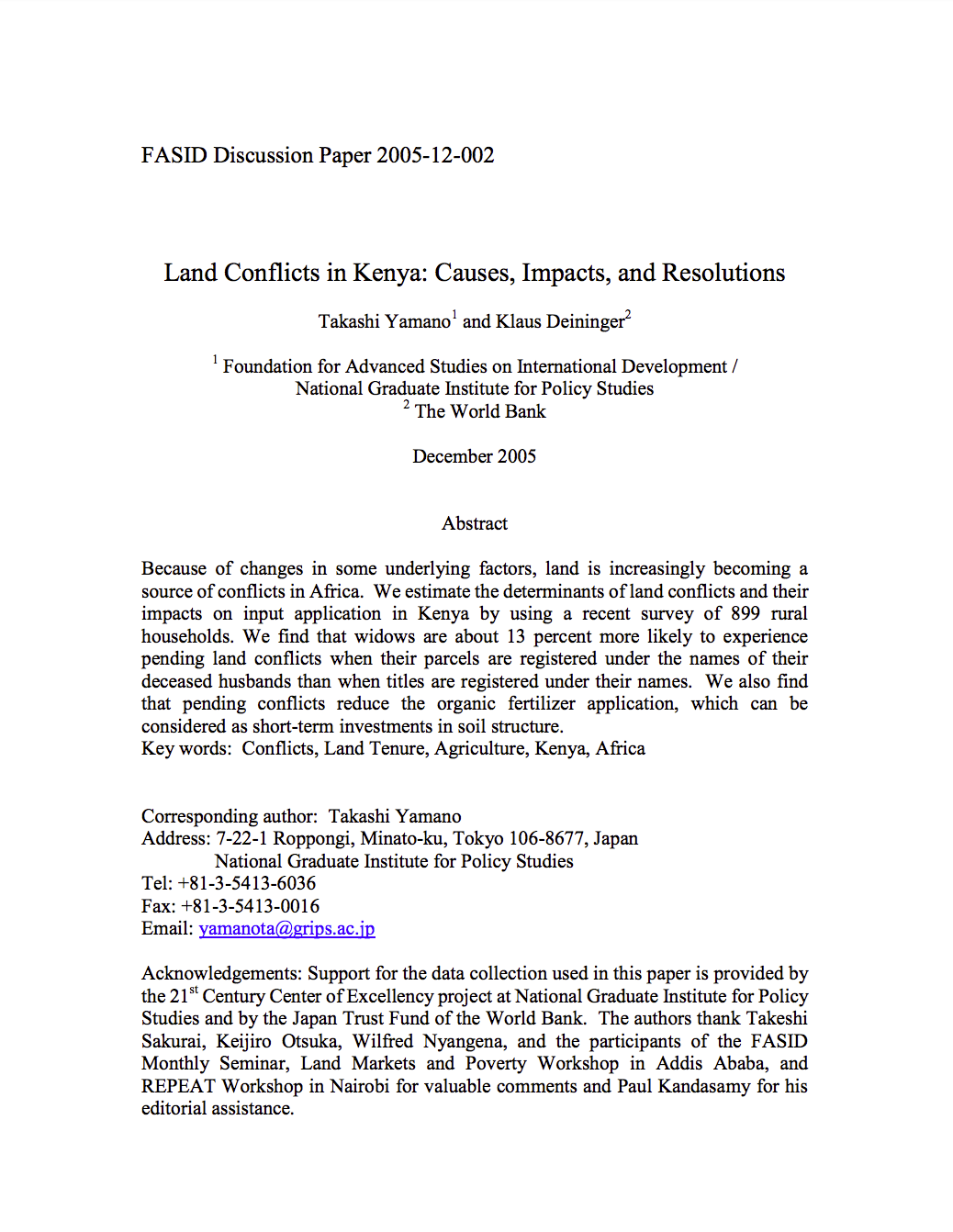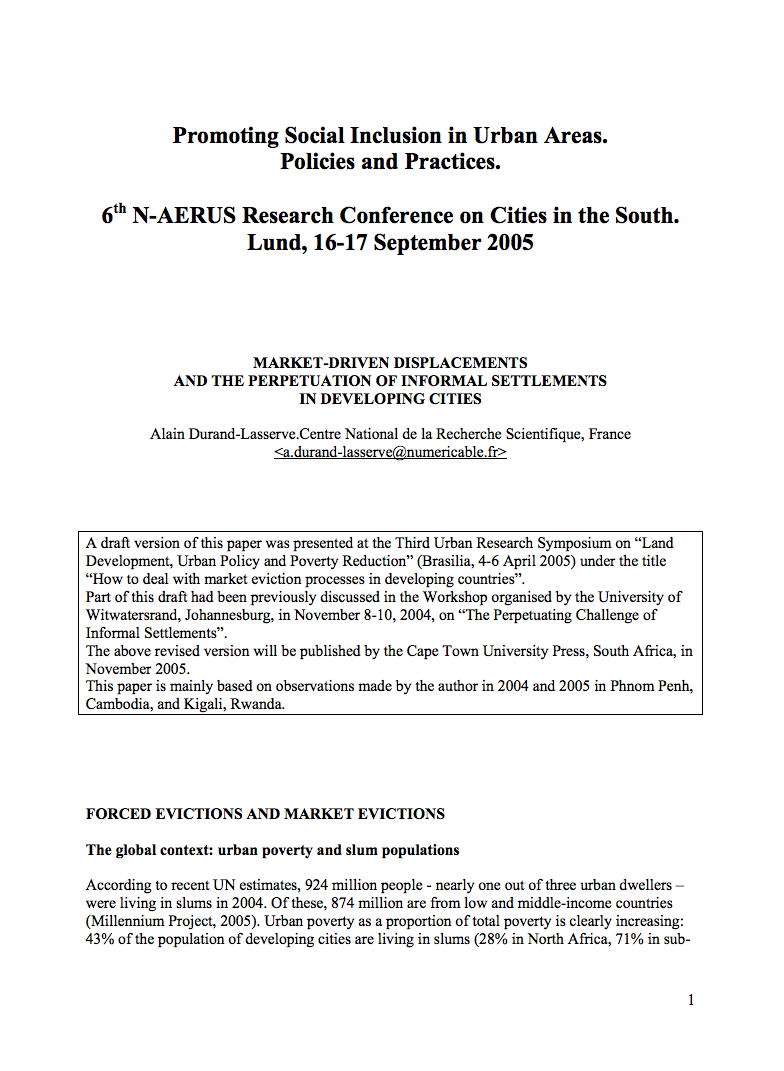Gas Politics: Shwe Gas Development in Burma
In recent months, both China and India have signed agreements with the Burmese military junta
indicating their willingness to buy gas from the proposed Shwe gas project in western Burma,
with Thailand also expressing interest. If built, the Shwe project would be Burma’s largest gas
development project ever. Matthew Smith and Naing Htoo analyse the events surrounding the
recent agreements and the inevitable consequences if the project were to proceed...


